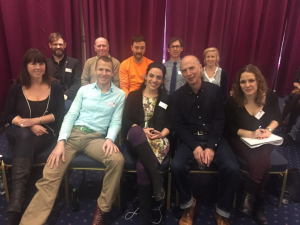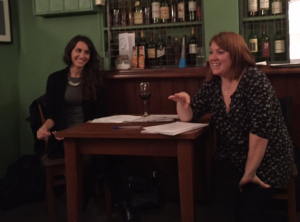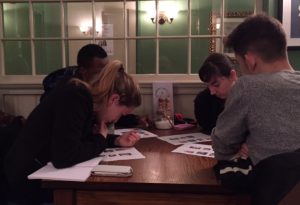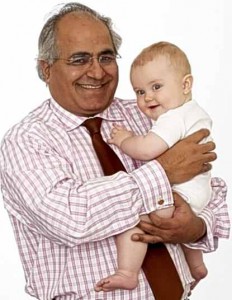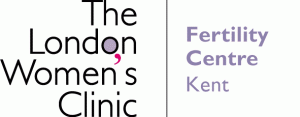A symposium on multidisciplinary approaches to sexuality and gender
On November 24th, researchers from several institutions came together with over 100 delegates in Darwin College to discuss a variety of perspectives aimed at understanding the biological basis of sex, sexual orientation, and gender. Jointly hosted by CISoR and the Biological Anthropology research group in the School of Anthropology and Conservation the workshop considered perspectives from biology, psychology, anthropology, and sociology. The audience was treated to a journey from the chromosome, through a prism of the mind and culture, ending with fully applied perspectives.
Overall it showed a variety of viewpoints on a complicated topic and facilitated conversation and lively debate across disciplines.
Participants in the ‘Born this way’ workshop. Back row (left to right): John Gilmore, Steve Lyon, Jamie Lawson, Oskar Burger, Carin Tunaker. Front row: Marian Duggan, Gerulf Rieger, Diana Fleischman, Peter Goodfellow, and Sarah Johns.
Peter Goodfellow (University of Kent) gave an overview of how chromosomes influence the biology of sex, highlighting decades of his research on the role of how the SRY gene determines sex in mammals, including humans. This was followed by Gerulf Rieger (University of Essex) who has looked for interesting links between childhood gender non-conformity and sexual orientation during adulthood. Diana Fleischman (University of Portsmouth) presented fascinating work about how sexual activity is a form of “making affiliations” among people, suggesting that same-sex sexual contact is no more mysterious than any other form of social bonding or contact. Jamie Lawson (University of Durham) used an innovative ‘Q-step’ methodology to show how problematic gender categories can be in failing to capture actual associations in the terms people use to describe gender. Steve Lyon (University of Durham) then gave a fully ethnographic example from Pakistan, where sex between men is often not linked to homosexuality and a third gender of people (the Khwaja Sara) are often raised apart from their families where they may receive some protection from a social environment that can treat gender non-conformists harshly. Steve’s work also linked to problems of low rates of condom usage and how this affects the spread of HIV. The final speaker of the day, Marian Duggan (University of Kent), showed how attitudes toward same-sex marriage have changed globally and gave a detailed sociological analysis of the recent referendum in Northern Ireland.
After the series of six talks the event concluded with a panel discussion and debate. The expert panel included the six speakers along with John Gilmore (Canterbury Christ’s Church University), Sarah Johns (University of Kent), Carin Tunaker (University of Kent), and Darren Griffin (University of Kent). The discussants, with audience input, addressed challenging topics such as how to understand homophobia, and its causes, as well as what types of research should be prioritized (or avoided) based on concerns of ethics vs. scientific freedom. While difficult topics were certainly addressed, all participants seemed to think that more dialogue of this type should happen in the future.
